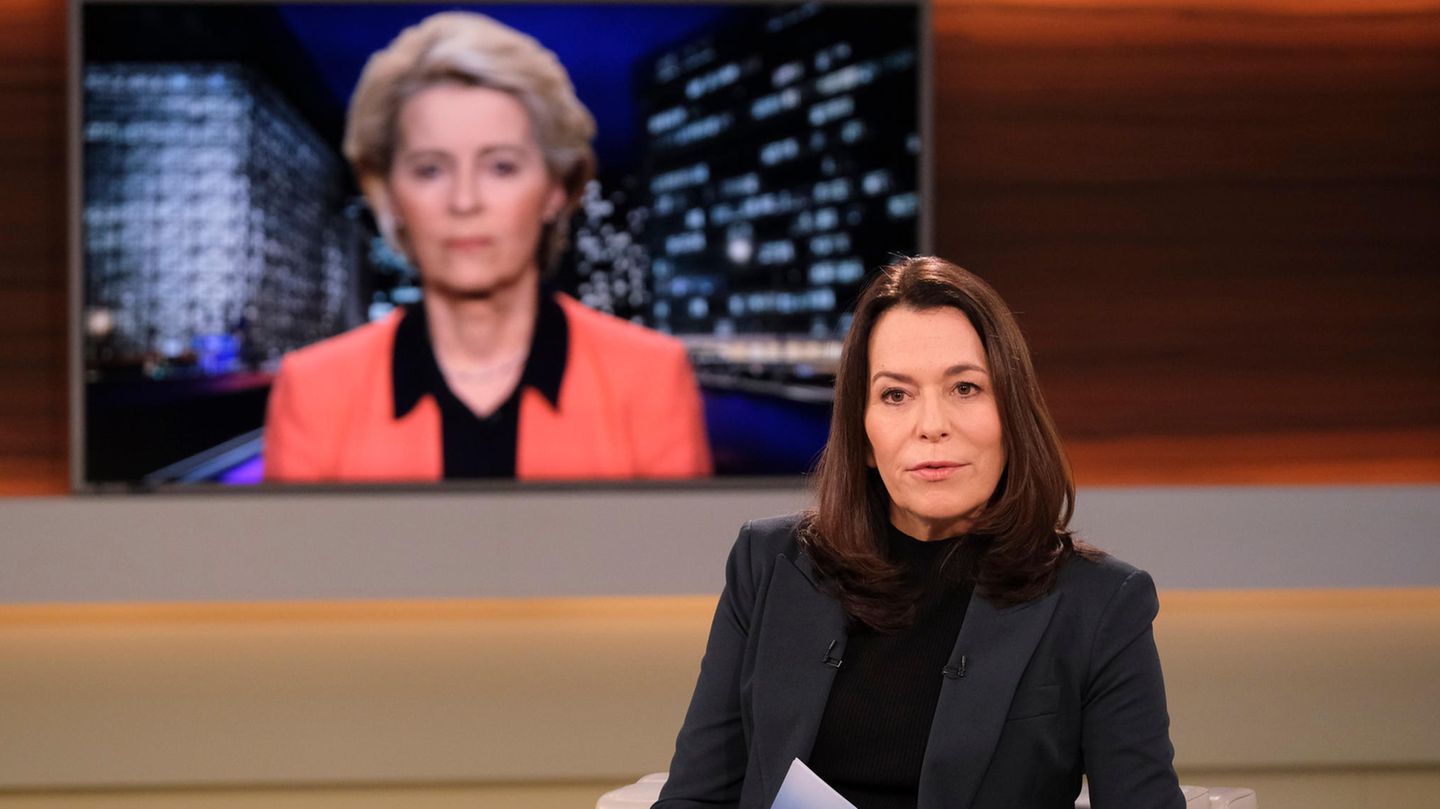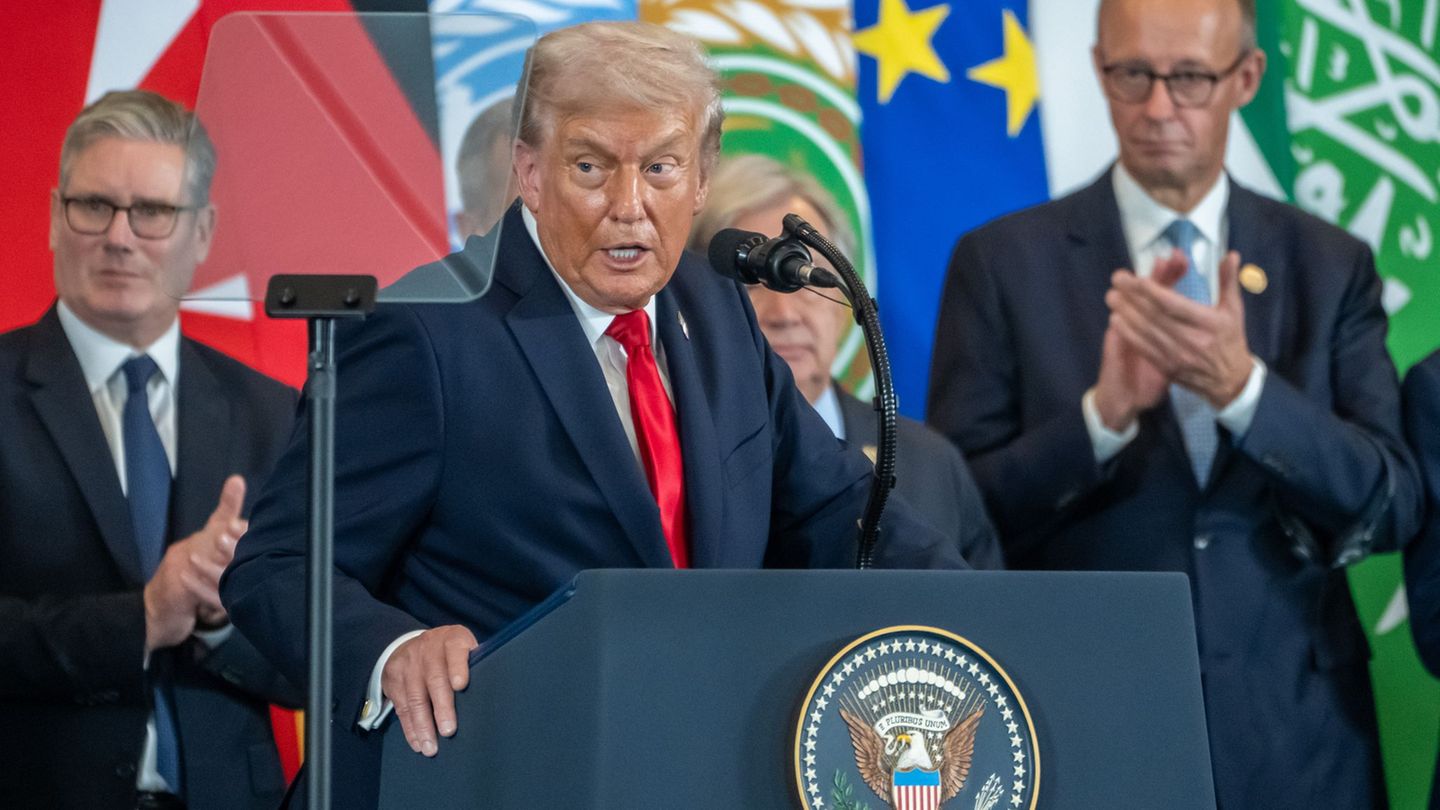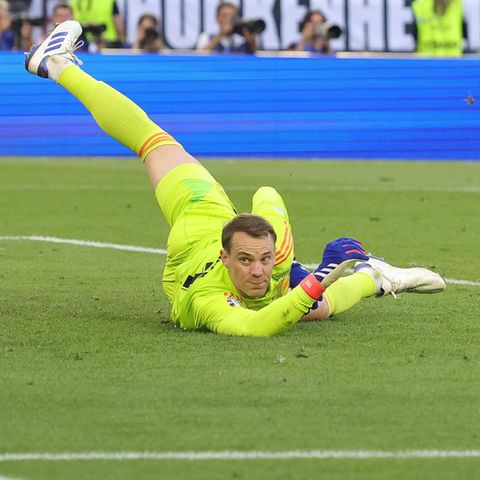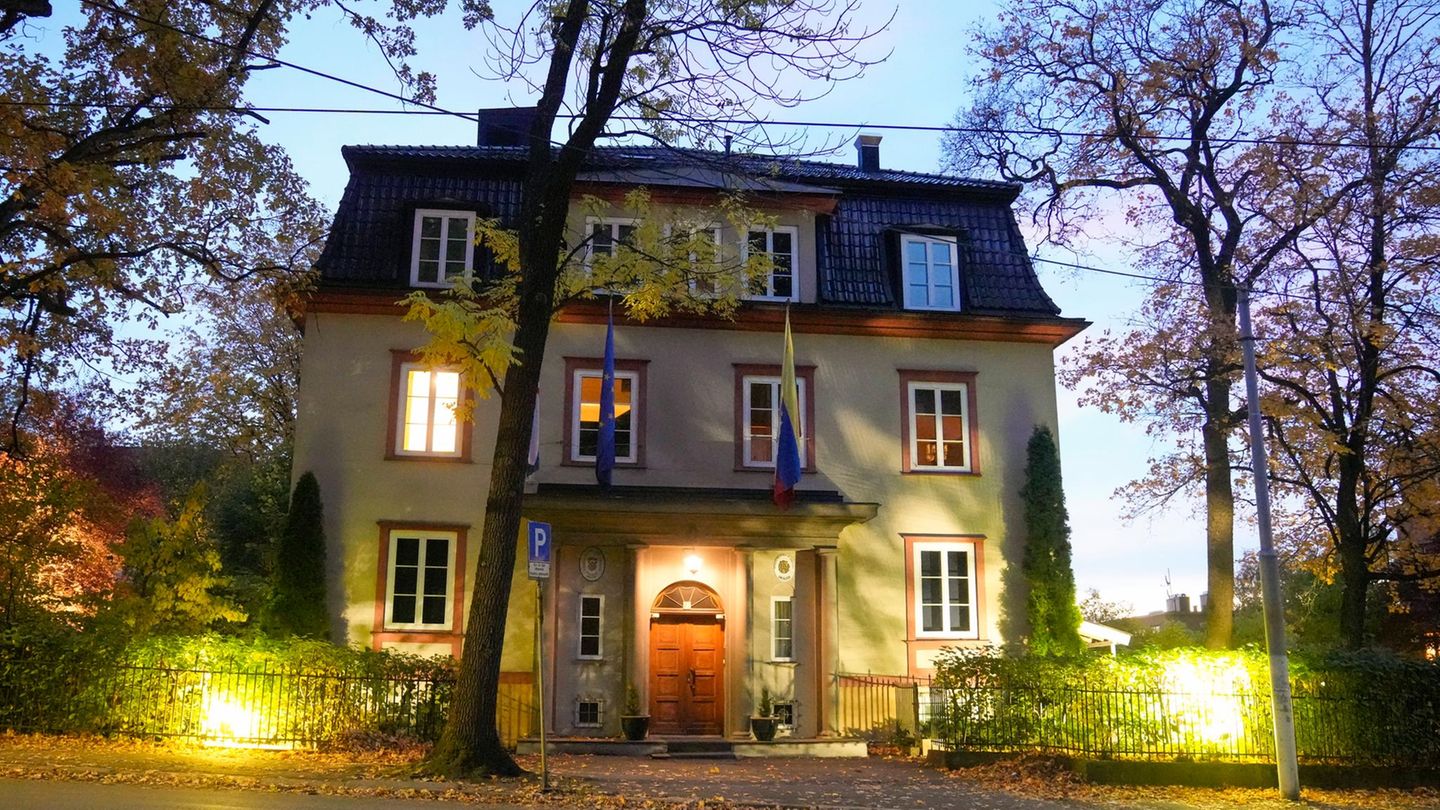TV review
At Anne Will, EU Commission President Ursula von der Leyen threatens Putin with tough sanctions if he attacks Ukraine. But left-wing politician Wagenknecht sees Russia primarily as a victim of the United States.
Will Russia invade Ukraine or will President Vladimir Putin still be persuaded by the West’s de-escalation strategies? This is what high-ranking politicians will be discussing in a talk with Anne Will on Sunday evening. In view of the impending risk of war, the group is trying to find unity: Europe, so the tenor, is united in opposing the aggressor. Only left-wing politician Sahra Wagenknecht sees Russia as a victim. There is a dispute inevitable.
The following guests explain their war avoidance strategies in Anne Will’s ARD talk:
- Norbert Röttgen (CDU member of the Bundestag)
- Sahra Wagenknecht (left-wing member of the Bundestag)
- Constanze Stelzenmüller (publicist and expert on transatlantic relations)
- Lars Klingbeil (SPD federal chairman)
- Ursula von der Leyen (CDU politician and EU Commission President)
Can Putin be placated by talks?
Europe seems to have once again presented itself as a toothless tiger in its communication with Russian President Putin. After several meetings – including with the French head of state Emmanuel Macron and Federal Chancellor Olaf Scholz – tens of thousands of Russian soldiers seem to be ready for a military attack in Ukraine. The West’s diplomatic approach seems to have failed.
Former GroKo colleagues Norbert Röttgen and Lars Klingbeil have apparently not yet given up hope in European talks. “As long as there is the slightest hope that we can avert this crisis through diplomacy, we must go down this path”, explains Klingbeil, who joined from Munich. Scholz will call Putin again on Monday. In doing so, the Chancellor is sending the signal that Germany is united with the rest of Europe, according to the SPD leader. Röttgen also occasionally relies on a soothing communication strategy: “If military violence does occur, it will be done under cover”, the CDU member suspects. By a “politics of anticipation” the West would have to anticipate possible excuses for Russia and refute them with revelations. But isn’t it too late for that?
Von der Leyen: Attack Russia where it hurts them
The women in the group are more decisive: “Preparations are being made to enable a rapid invasion”, warns publicist Stelzenmüller, who has just covered the Munich Security Conference. Russia’s aggression has long been there, including the constant threats. At least in Brussels one seems to have already noticed this urgency. This is shown by EU Commission President Ursula von der Leyen in a pre-recorded interview that Will repeatedly plays in the group. “President Putin has tried to divide Europe from the start”explains the CDU politician in the switch. “We respond with the most powerful lever we have.” Another round of saber rattling? Not at all.
Together with Great Britain and Canada, the EU has prepared a comprehensive package of sanctions, von der Leyen is now threatening. Their target: the Russian financial and economic sector, which is primarily geared towards the export of energy sources such as gas. Already this winter, Europe has diversified its imports in such a way that Russia could stop gas supplies without major problems, explains the President of the Commission. New energy suppliers will also be sought in the long term: “Russia has a clear weak point, that is its economy.”
A prospect that should actually hit Russia hard.
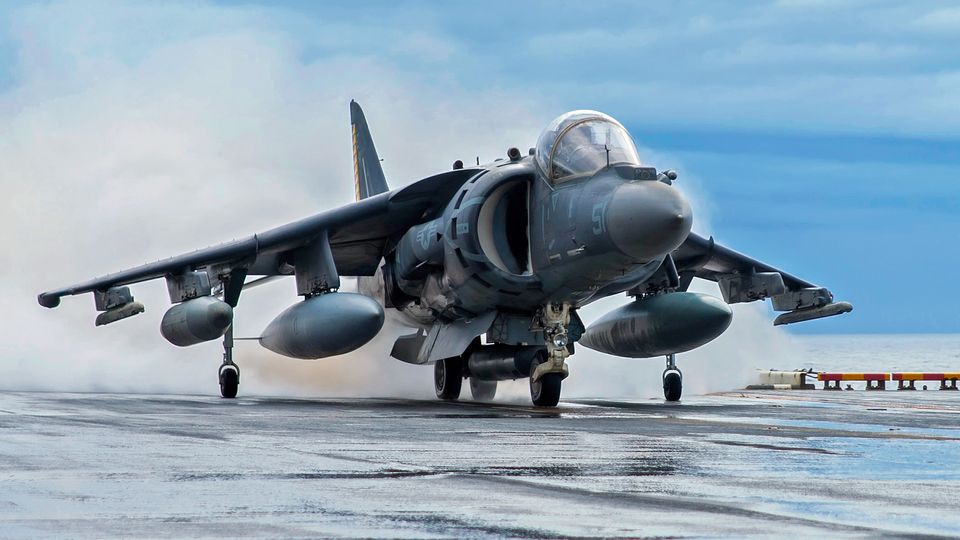
Wagenknecht sees Russia as a victim
But while the rest of the panel primarily ponders the severity of the sanctions against Russia, there is one that deconstructs the conflict in an entirely different direction. “Russia has no interest in invading Ukraine”, claims Sahra Wagenknecht. Instead, Putin is defending his own security interests in the conflict. If Ukraine joins NATO, US troops will be stationed in close proximity to Russia.
The situation is threatening for Russia, states the left-wing politician and anti-militarist. If she had her way, Europe would have to distance itself above all from the USA and recognize Russia as an equal interlocutor with interests. Wagenknecht thus ensures a real intervention among her talk colleagues, for which Stelzenmüller has even prepared a note. This dissects the left-wing politician’s arguments in a series of corrections within seconds: Russia illegally annexed Crimea, waged a proxy war in eastern Ukraine with more than 13,000 victims, and used violence in Chechnya. According to Stelzenmüller, it is absurd to portray the country as a victim. “The only thing that really threatens Russia is the democratic transformation of Ukraine.”
Talk by Anne Will: Ukraine’s fate doesn’t seem to matter
Indeed, in all the strategic considerations, the fate of Ukraine almost seems to be neglected. It is still not clear whether the country will join NATO and whether it can even hope for support from the West in the event of an intervention. One of Röttgen’s formulations leaves questions unanswered: “We will not wage a war over Ukraine with Russia”, according to the CDU politician. The touted sanctions are likely to be primarily a positioning of the EU and the West: look here, Putin, we are a strong alliance, you cannot defeat us. So it is only logical in this logic that any reaction only serves one’s own power struggle: “If Putin starts a war with Ukraine, then we will react”, announces von der Leyen. By then, however, it could be too late for Ukraine itself.
Source: Stern
David William is a talented author who has made a name for himself in the world of writing. He is a professional author who writes on a wide range of topics, from general interest to opinion news. David is currently working as a writer at 24 hours worlds where he brings his unique perspective and in-depth research to his articles, making them both informative and engaging.

